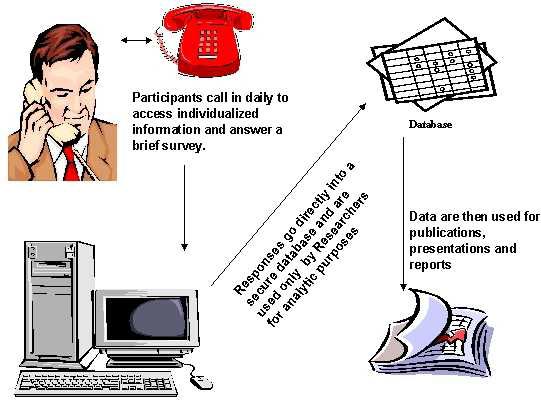IVR SMS platform enables efficient collection and dissemination of data

Summary :
When a system like IVR (Integrated Voice Response) SMS system is made accessible to the masses, it leads to quick deployments and can be easily customised to the local needs.
My journey with Mahiti began at the time of its inception. I currently head the technology department of Mahiti.
My core work area includes working on conceptualising the IVR (Integrated Voice Response System) programmes. My team and I have worked on various projects with diverse groups, nationally and internationally. The reason to come up with a focused programme on IVR is purely based on a need assessment survey done with varied groups. In my opinion, technology enables efficient data collection and dissemination.
In the current scenario, helpline service is provided in the social sector but the functions are not very effective. Whereas, on the other hand, when a system like IVR SMS is made accessible to the masses, it leads to quick deployments and can be easily customised to the local needs.
One of our flagship projects is the BMST (BMST partnered with Mahiti Infotech and NGO EiGHT) - the use of the Integrated-Voice-Response-System to conduct a baseline survey to assess gender attitudes, gender based violence, alcohol abuse, sexual and reproductive health issues and HIV knowledge among garment workers in two garment manufacturing units in Karnataka. As Bangalore houses over 500,000 garment workers, with the female ratio being 80%, HIV interventions are restricted to one-time mass awareness activities in garment factories. Semi-literacy among workers and negligible participation time at the workplace results in poor scientific documentation and weak advocacy for continued workplace interventions. This is where the use of non-personal mobile phones ensured confidentiality and punching numbers as responses to survey questions generated immediate gender-disaggregated data on a computer, with minimal loss of workers production times.
The findings of the project revealed:
- low-moderate gender equitable attitudes, including acceptance of gender-based-violence amongst men and women.
- average 54% alcohol expectancies and poor information on alcohol-related services, sexual and reproductive health and HIV/AIDS.
The survey gave light to the much ignored absenteeism issues and requested the management for a continued in-depth intervention as their Corporate Social Responsibility. The learning curve for us through the project was to explore appropriate Information Technology applications that can support scientific documentation in HIV programmes thereby adding value, saving costs and ensuring confidentiality by default.
Even since its inception, Mahiti has been focusing on contributing to the social sector in every way possible, keeping the socio-economic parameters in mind. One of the primary work areas is creating mobile based solutions for the social sector. lVR system was built to strengthen the process of data collection and dissemination system. We are currently working on the roadmap for the coming years, and will be expanding our operations and contributions in the social sector.
Read more about BMST: http://www.bmstindia.org/default.htm
Read more about Mahiti: www.mahiti.org
Image courtesy: UVM College of Medicine, Burlington (http://www.med.uvm.edu/hbrc/TB2+BL+CI.asp?SiteAreaID=547)